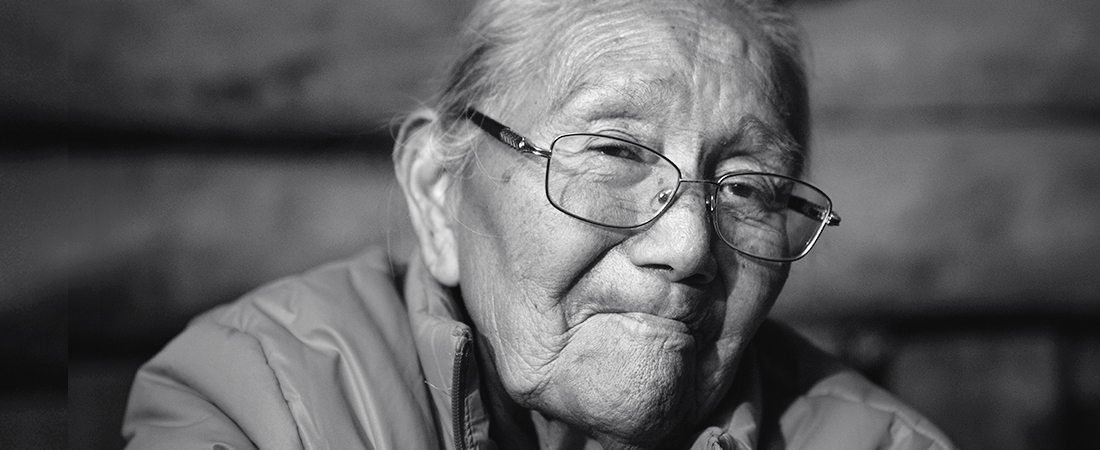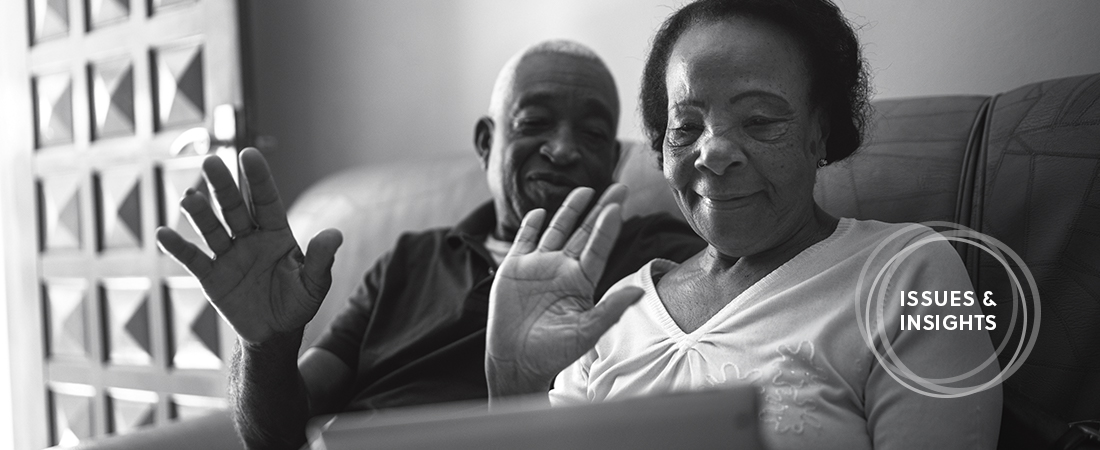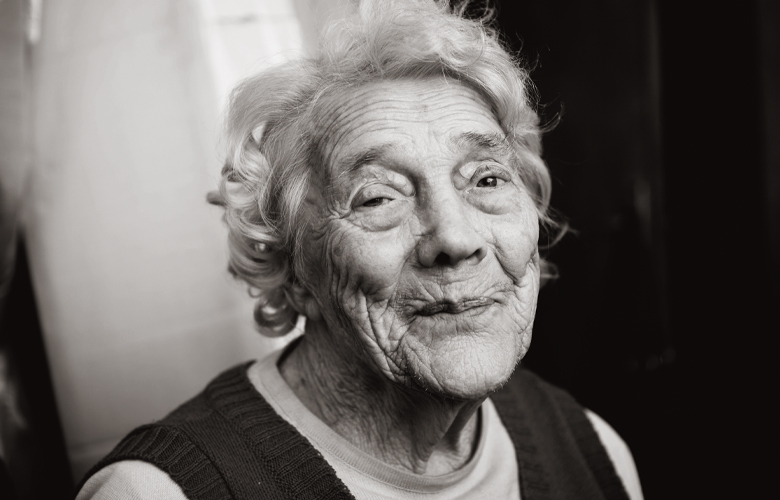EDC’s Rebecca Jackson Stoeckle offers three ideas for reducing social isolation for older adults during COVID-19.

Older people possess a wealth of strength and wisdom. Yet far too many lack the services and support they need to remain safe, healthy, and connected to supportive networks. In the United States, an estimated 1 in 10 older adults experience physical, financial, or emotional mistreatment, and 6.2 million have dementia. In recent years, COVID-19 has increased the stress and social and economic hardships for older adults and their caregivers. COVID-19 has also heightened challenges, such as the digital divide that hinders many older adults’ from accessing telehealth and emotional support.
With government, health care, and private sector partners, EDC is working to build strong and responsive ecosystems to ensure all older adults thrive. We design, deliver, and disseminate effective models to prevent elder mistreatment and support older people, and especially older people with dementia and their caregivers. Our trainings, research, and evaluations advance knowledge of best practices and lead to sustainable improvements.
Featured

“We encourage everyone to pick up the phone and check in on their neighbors,” says EDC’s Kristin Lees-Haggerty.

Studies carried out before COVID-19 indicate that one in six older adults will experience some form of mistreatment: financial, neglect, psychological, physical, or sexual.

EDC’s Rebecca Jackson Stoeckle offers three ideas for reducing social isolation for older adults during COVID-19.

“We encourage everyone to pick up the phone and check in on their neighbors,” says EDC’s Kristin Lees-Haggerty.

Studies carried out before COVID-19 indicate that one in six older adults will experience some form of mistreatment: financial, neglect, psychological, physical, or sexual.